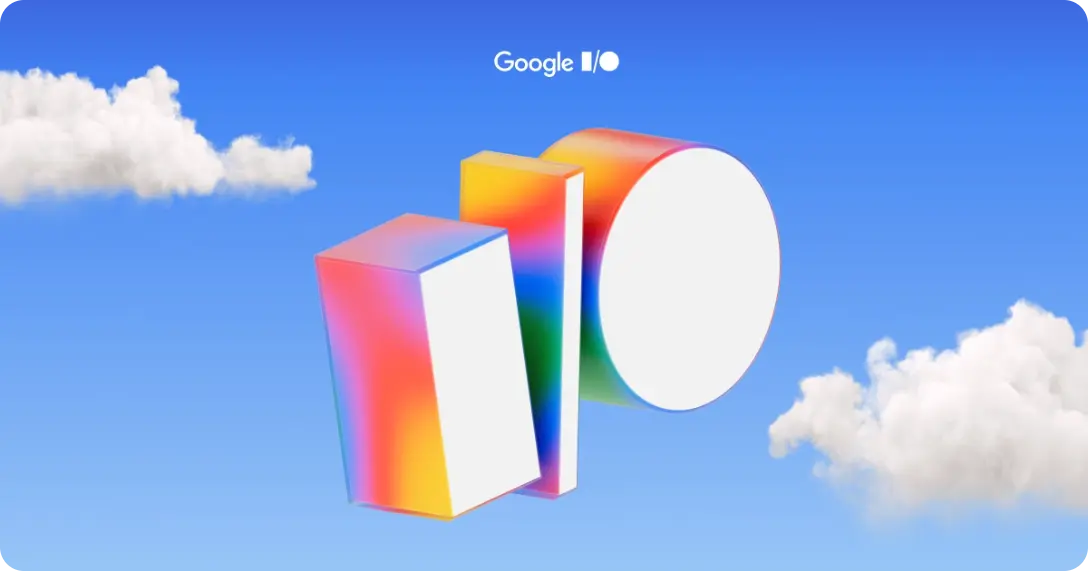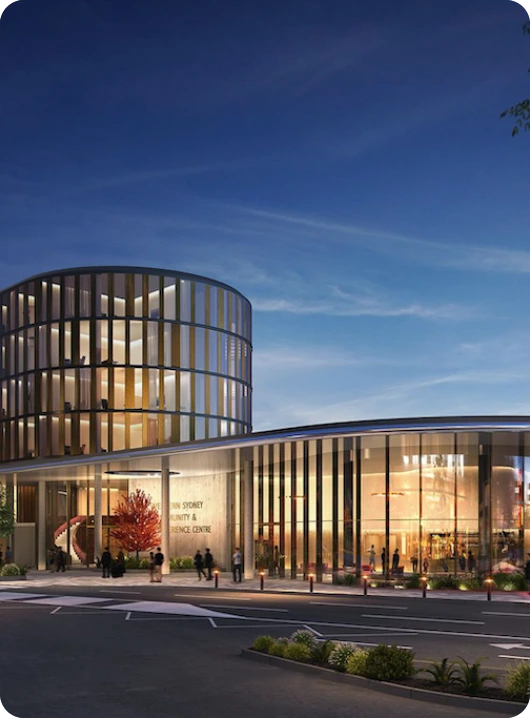Prudence Marzinotto
Google’s New AI Mode Is Changing Travel Forever: Is Your Hotel Ready for the Future?
Let’s get real for a minute.
If you manage or market a hotel today, you’re likely feeling the pressure of being visible in a digital world that never sits still. Once, a great location, slick website, and glowing reviews might have been enough.
Not anymore. In May 2025, Google unveiled a series of AI-powered search upgrades at its annual I/O event—changes so significant, they’re reshaping the way people discover and book accommodation. And for the travel industry, it signals a seismic shift.
These updates won’t just change how people search. They’ll change what gets found. And unless your hotel is ready, it might disappear from the conversation entirely.
The Visibility Crisis in Modern Hospitality
Even great hotels are struggling with a lack of visibility. Not because they lack quality—but because they lack digital clarity.
Here’s what most hotel owners are facing:
- Online Travel Agencies (OTAs) dominate the first page of search results.
- Organic traffic is declining.
- Ad costs are rising.
- Direct bookings feel increasingly out of reach.
It’s not that you’re doing anything wrong. It’s that the rules have changed—and most hotels haven’t been told. But Google just made it crystal clear: the way people find hotels online has fundamentally shifted.
Enter Google’s AI Overviews: The Future of Search Has Arrived
Google’s new AI Overviews (previously called Search Generative Experience or SGE) are fundamentally changing how travellers plan, search, and book trips.
Here’s how it works: a traveller searches for something specific, like “quiet coastal hotels in New Zealand with wellness spas and yoga classes”.
Previously, they’d get a mix of ads, OTA listings, and maybe a link to your website (if you’re lucky). Now, Google’s AI produces a summary answer—pulled from multiple sources across the web—and presents it right at the top of the page.
It’s not just listing sites anymore. It’s curated answers. Here’s the kicker: if your hotel isn’t structured correctly online, you won’t be included in that answer.
That’s not a maybe. It’s a certainty.
Key Announcements from Google I/O That Hotels Must Understand
At I/O 2025, Google outlined major enhancements to Gemini, its generative AI system.

Here’s what came out of I/O that directly impacts the hotel sector:
- AI Overviews now active in most US searches, with global rollout underway.
- Emphasis on intent-based search, using semantic understanding—no more keyword gaming.
- Integration of real-time local business data, including pricing, availability, and reputation signals.
- Enhanced use of Google Business Profiles and structured data to influence AI responses.
Search is no longer about matching terms—it’s about matching meaning. And if your online presence doesn’t clearly reflect who you are, where you are, and what you offer? You’re invisible.
What This Means for Hotel Marketing: Is Your Hotel Ready for the AI Shift?
Most hotels aren’t. This is more than just a tech upgrade. It’s a visibility revolution.
To stay relevant, hotels need to shift from just being online to being recognised as a reliable answer to a traveller’s intent.
That means:
1. Optimising for AI Search
Use structured data on your website—things like schema markup to define your amenities, availability, location, and services. This gives search engines the language they need to understand your content.
2. Owning Your Google Business Profile
This isn’t a “set and forget” listing. It’s a live feed into Google’s understanding of your property. Keep it accurate, respond to reviews, and add fresh content.
3. Creating Intent-Based Content
Instead of just saying “We have ocean views,” write content that answers questions like: “Where can I find a romantic beachfront hotel with spa services in Queensland?” Because that’s how guests are searching now.
4. Diversifying Format
Google’s AI pulls from more than just your homepage. It pulls from blogs, review sites, FAQs, and video. So build content in multiple formats—blog posts, short-form video, local guides—so you show up everywhere that matters.
But here’s the good news: there’s still time to get ahead—because most of your competitors haven’t even noticed this shift.
What Booking a Hotel of the Future Looks Like
In the next 12–24 months, booking travel will look very different.
AI agents will handle entire trip itineraries. Travellers will speak their desires out loud and expect fully curated responses.
The hotels that thrive will:
- Appear in AI-generated answers with confidence and clarity.
- Offer seamless, mobile-first, frictionless booking experiences.
- Be proactive in content creation, not reactive.
- Integrate real-time pricing and availability into their online presence.
- Lead with emotional storytelling backed by intelligent data.
If that sounds futuristic, remember—most of the tech is already live.
Start Here: A Hotel Marketer’s Action Plan for AI Search
You don’t need to overhaul your entire digital presence overnight, but you do need to start moving with intention.
Here’s where to begin:
In Closing: This Is Your Inflection Point
AI isn’t coming. It’s here. AI isn’t replacing hotels. But it is reshaping how travellers find them.
And for hotels, the winners and losers will be separated by a single question: Are you ready for how guests are searching now—not how they searched five years ago?
If your answer is anything short of “yes,” it’s time to act.
At HyperHotels, we help forward-thinking hoteliers rewire their visibility for this AI-first world—the future belongs to those who show up. Authentically. Clearly. Strategically.
Let’s turn visibility into direct bookings—starting with a conversation.

Prudence Marzinotto
Digital Marketing Manager

Transforming Western Sydney Conference Centre
NINE MILLION
In new bookings.
$9,360,000
Additional direct revenue, first 12-months.
“We’ve seen a significant increase in RFP enquiries, occupancy rates, and ancillary revenue through food and beverage. The tailored approach has delivered impressive results that exceed our expectations. I highly recommend their services to any hotel or convention centre looking to elevate their MICE offerings.”

TRICIA CORNELIUS
Regional Director of Sales & Marketing
Queensland & Northern Territory
Accor